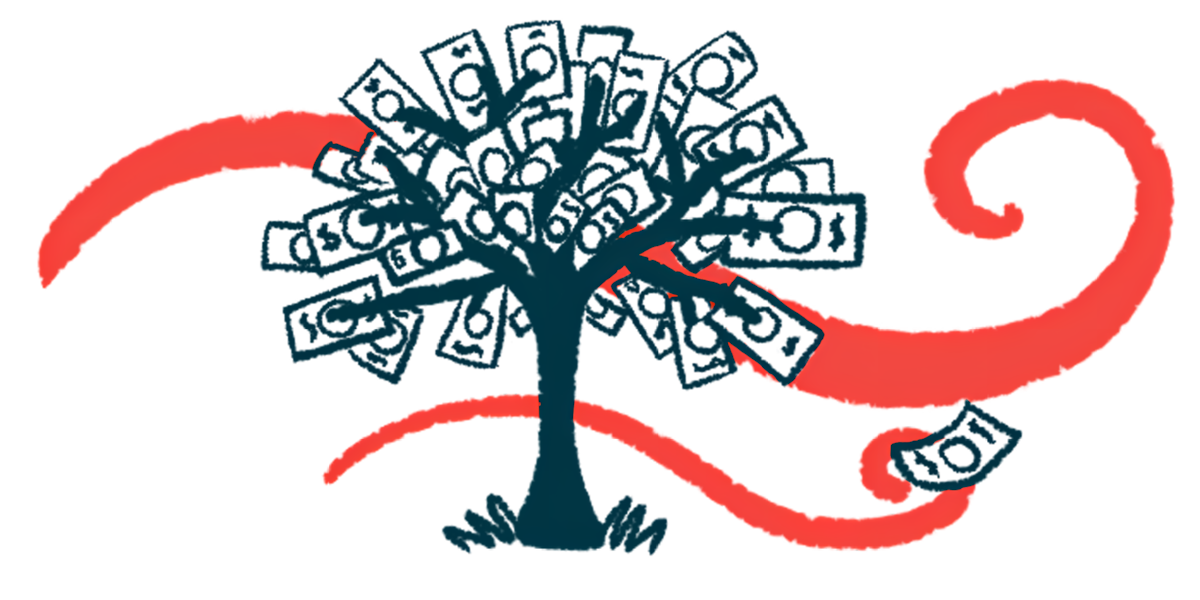Community grants aim to help Parkinson’s patients live better lives
Foundation gives more than $1M to wellness programs in 38 US states

The Parkinson’s Foundation has awarded more than $1 million in community grants to fund dozens of local programs that support mental health, exercise, and education in Parkinson’s disease across 38 U.S. states, as part of its ongoing efforts to help patients live better lives.
Ninety local programs will each receive $10,000 to $25,000 until the end of June 2026. They’re geared toward tackling the link between mental health and Parkinson’s, giving care partners the support they need, or delivering education and exercise that keep patients moving and informed.
“For the more than 1 million people living with [Parkinson’s] in the U.S., access to local programs like support groups, exercise classes or educational courses is truly life-changing,” John L. Lehr, foundation president and CEO, said in a press release.
Parkinson’s disease is caused by the gradual loss of nerve cells in the brain that produce dopamine, a chemical essential for controlling movement. As dopamine levels decline, symptoms worsen over time. While the disease is most commonly associated with motor issues, such as tremors, stiffness, and slowed movement, it also often leads to nonmotor symptoms, including depression, anxiety, sleep disturbances, and cognitive changes, which can significantly affect quality of life.
Living with Parkinson’s can bring changes to how patients feel and go about their day. Staying active can help with mental health and ease motor symptoms so they interfere less with daily routine. Patients may also need support from family, friends, and care partners to help manage these changes.
Rock climbing and other activities get grants
Such support can often come from programs tailored to the needs of the Parkinson’s community. For Molly Donelan-Cupka, founder and president of Up ENDing Parkinson’s in Marshall, Virginia, receiving a community grant “has been a game-changer” because it “doesn’t just fund a program, it fuels a movement of hope, resilience and community.”
The nonprofit organizes rock-climbing sessions for people with Parkinson’s in participating gyms and outdoor locations. In addition to being a low-impact, full-body workout, rock climbing is also believed to help form new connections in the brain’s motor regions, easing problems with walking.
“The funding allows us to expand our reach, offer more free and accessible sessions and empower hundreds of individuals with [Parkinson’s] to discover strength, connection and joy through rock climbing,” Donelan-Cupka said.
Community grants were also awarded to other local programs that offered dance classes, music-making, body and mind exercises, yoga sessions, peer support groups, and lessons on how to build communication and stay socially connected within the community.
Each year, programs are selected by a review panel that includes patients, caregivers, and healthcare professionals. Since 2011, the Parkinson’s Foundation has invested more than $12.7 million in nearly 1,000 local programs.







